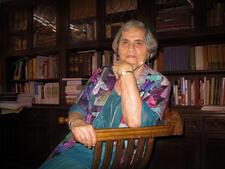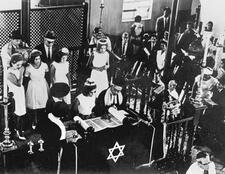
Bat Mitzvah: American Jewish Women
When Judith Kaplan Eisenstein became the first American girl to mark her bat mitzvah on March 18, 1922—two years after women were guaranteed the right to vote in the US—she recalled “shock[ing] a lot of people,” especially her disapproving grandmothers. Today, American girls across the Jewish spectrum, from secular to ultra-Orthodox, mark their coming-of-age in various forms.
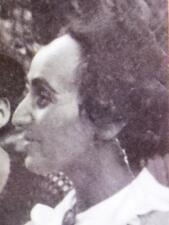
Yokheved Bat-Miriam (Zhelezhniak)
Yokheved Bat-Miriam was part of a group of pioneering Hebrew women poets in the 1920s. Her poetry commemorates the religious and emotional lives of Jewish women and frequently focuses on women of the Bible who composed and/or recited poetry.
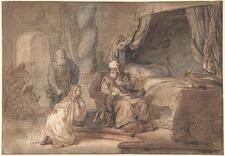
Bathsheba: Bible
Bathsheba is the married woman whom King David takes in adultery and who, though initially passive, becomes the pivotal figure in his downfall. The king has Bathsheba’s husband, Uriah, slain in battle and then takes her as a wife. While her first child, conceived in adultery, dies, the second, Solomon, becomes heir to the throne as a consequence of Bathsheba’s maneuverings.

Bathsheba: Midrash and Aggadah
As in the Bible, Bathsheba plays a secondary role in the midrashim about her husband, King David, and her son, King Solomon. The rabbis view her as a righteous, guiltless woman, both during David’s life and as an advisor to Solomon.

Batya Gur
Israeli author Batya Gur is best known for her mystery novels centering on the investigations of detective Michael Ohayon. Her work brought literary complexity to the Hebrew mystery novel.
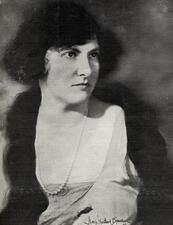
Marion Eugénie Bauer
Marion Eugenie Bauer was a modernist and experimental composer whose musical scholarship advocated for women’s voices to be heard and revived interest in female composers. As a teacher, writer, and composer, she was actively involved in many music and composition organizations, frequently as the only woman in a leadership position.
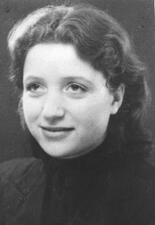
Baum Gruppe: Jewish Women
Formally created in 1938 and 1939, the Baum group was a German anti-Fascist resistance organization. Initially its work consisted of making and distributing anti-Fascist propaganda, but on May 18, 1942, the Baum group joined the effort to set fire to an anti-Soviet exhibit at a public park in Berlin. The damage was minimal and shortly thereafter, the Gestapo arrested hundreds of Jews in retaliation and twenty-two members of the Baum group were executed.
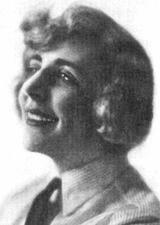
Vicki Baum
Writer, playwright, and screenwriter Vicki Baum is best known for her book, adapted into both the Broadway play and Oscar winning film, Grand Hotel. She wrote over 30 books and became one of the world’s best-selling authors of her time. Her works frequently depict powerful, self-reliant women.
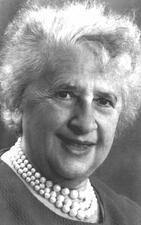
Sarah Bavly
Dutch-born Sarah Bavly was a pioneer nutritionist in the Yishuv who laid the groundwork for Israel's nutritional infrastructure and educational programming, directing Hadassah's hospital nutrition departments and school lunch programs and establishing the State's first College of Nutrition.
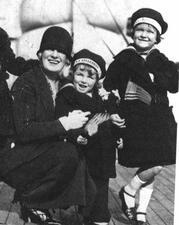
Nora Bayes
Nora Bayes was a star in vaudeville and musical comedy in the early twentieth century. Known for her lush singing voice and hilarious acting, Bayes was a part of the Ziegfeld Follies, the Keith vaudeville circuit, and had her own one-woman show. Bayes had many arguments with male producers, theater administrators, and businessmen, as she often questioned the traditional role of women and asserted her independence.
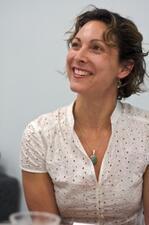
Emily Bazelon
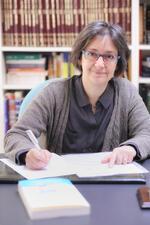
Pauline Bebe
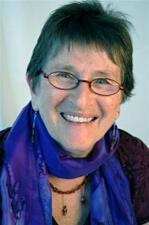
Evelyn Torton Beck

Jessica Beckerman
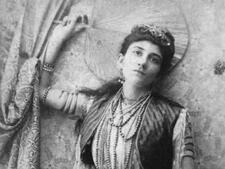
Rachel Sassoon Beer
Rachel Sassoon Beer was the first woman to edit a national newspaper when she simultaneously owned and edited both The Observer and The Sunday Times in England in the 1890s.

Ruth Behar
Award-winning cultural anthropologist Ruth Behar has conducted groundbreaking research in Spain, Mexico, and her native Cuba. Her innovations in cultural representation have transformed ethnographic writing and reached a broad, non-academic audience through her film, poetry, personal essays, and young adult fiction.

Jeanne Behrend
Jeanne Behrend was a renowned pianist, music educator, and composer who was dedicated to creating music and popularizing North and South American music. Behrend won Columbia University’s Joseph Bearns Prize in 1936; debuted at Carnegie Hall in 1937, performing one of her own compositions; and founded the Philadelphia Festival of Western Hemisphere Music in 1959.
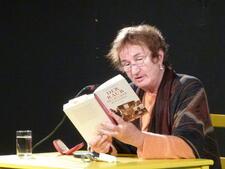
Katja Behrens
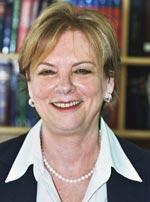
Dorit Beinisch
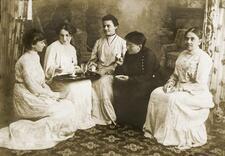
Olga Belkind-Hankin
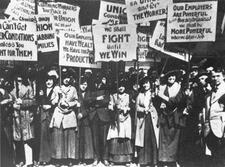
Dorothy Jacobs Bellanca
Born in Latvia before immigrating to Baltimore as a child, Dorothy Jacobs Bellanca was one of America’s most remarkable women’s labor leaders. An outstanding union organizer and a captivating speaker, Bellanca understood the problems of the working class—people of all genders, ages, and backgrounds—and sought to improve conditions for workers.
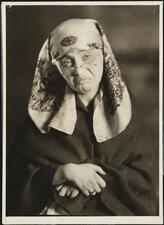
Bella Bellarina
Bella Bellarina was beloved on the Yiddish stage, but her lack of English prevented her from transitioning to the mainstream theater. Bellarina was discovered by David Herman and performed with his Vilna Troupe for several years. She was known for her range, playing the mischievous tomboy Tsine in Grine Felder and the reserved, ladylike Leah in The Dybbuk.
Friha Ben Adiba
Friḥa Ben Adiba (c. 1730-1756) is the sole woman Hebrew poet from North Africa, who wrote Hebrew liturgical and messianic poems in the way of hundreds of rabbinic poets. She was born and grew up in Morocco but around 1750 arrived with her family in Tunis, where she died a few years later as a martyr in a pogrom. After her death she became a saintly figure for the Tunisian Jews.
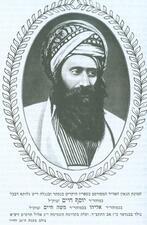
Ben Ish Hai
The Ben Ish-Hai, R. Joseph Hayyim b. Elijah, was a well-known Baghdadi Torah scholar. He wrote many responsa and halakhic books, which included his rulings on women’s halakhot.
